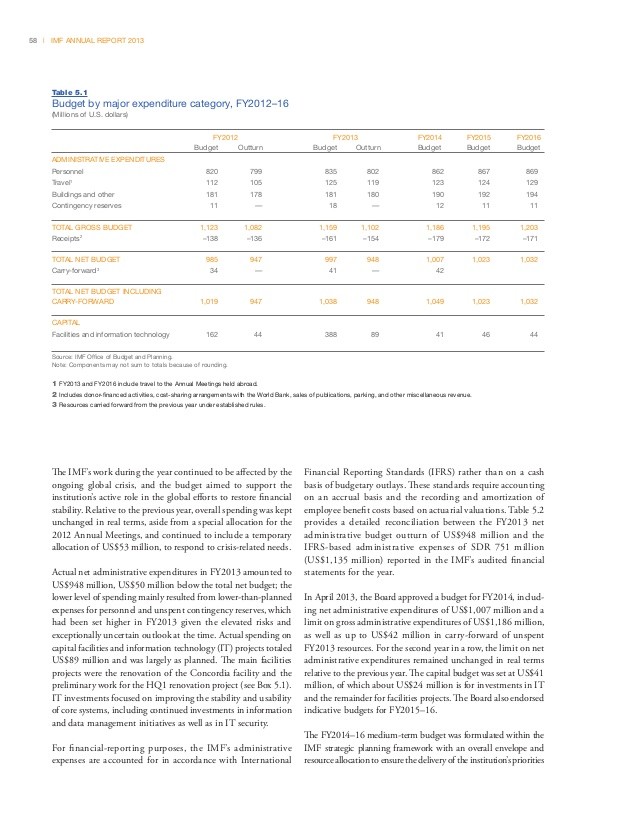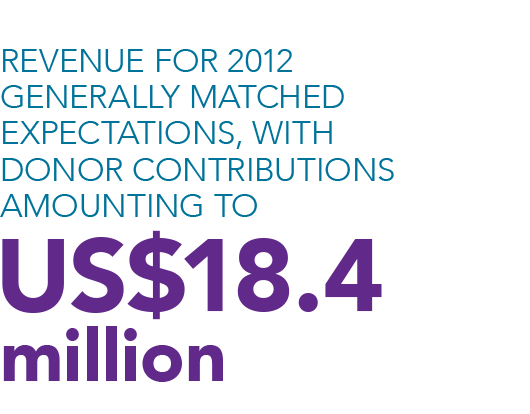Attracting Investments to Cape Verde The Fatal Flaw in Cape Verde s 2013 Budget
Post on: 16 Март, 2015 No Comment

Saturday, November 24, 2012
The Fatal Flaw in Cape Verde’s 2013 Budget
Cape Verde’s incumbent government is about to make a fatal mistake in its budget for 2013. At a time when the second round of the global economic crisis is having a serious impact on the local economy, the government has proposed a sharp rise in the VAT (value added tax) on certain basic consumer staples and on certain business sectors. While the VAT on fuel prices will decrease, causing a welcome 20% drop in the price of fuel, taxes on other important drivers of economic growth could result in a major economic calamity in 2013.
The government had already made a serious blunder and subsequently reversed itself when they attempted to increase the cost of entry visas that tourists and non-nationals must pay to enter the country. The outcry from foreign tour operators since this dramatic tax increase — that was levied without warning — was so loud and so severe that the reversal came within a couple days of the announced increase.
Naturally, the debate in the assembly (parliament) was very heated and quite correctly, the parties focused on tourism, the biggest driver of the economy. But what was most surprising to me was that the prime minister, José Maria Neves, argued that he believes that the budget which assesses a massive tax increase on tourism will keep foreign investments flowing in and will keep tourism growing. He charges that the tourism operators were complaining because they look out only for their own interest and not for the interest of the country. But that is exactly the point! That is what businesses do, and looking out for their own interest means that if the tour operators will lose money in Cape Verde, they will send their clients elsewhere. to destinations which are more tax friendly and where they can maximize profits in their own interest! This suggests either a lack of understanding of how a free market economy works, or more likely, that the government did not take the time to engage in dialogue to make their arguments and listen to the feedback well in advance of springing this budget surprise on the private sector.

The question is to what extent the reduction in taxes on fuel will fully offset the tax hikes on the basics. Now, obviously, the cost of fuel drives many other prices in the economy because fuel is used to transports goods along the roadways and is also used to power certain machines and other equipment that produce goods and services. But does this mean that buses, taxis and Hiaces will lower their fares, or that Electra would lower its prices for energy and water, or that product distributors will lower their wholesale prices? The answer is that it depends on the price regulator, A.R.E. A.R.E may require that certain prices be lowered in response to the reduction in fuel prices. But I don’t see that happening either.
Frankly, I believe that A.R.E should not exist — price controls in a free market economy only result in economic inefficiency. I also believe that many of the businesses which supply products and services regulated by A.R.E have been suffering major losses in their operations so they will only pressure A.R.E to leave prices unchanged or will suffer even more losses and potentially become insolvent. Furthermore, A.R.E fortunately does not control all prices.














